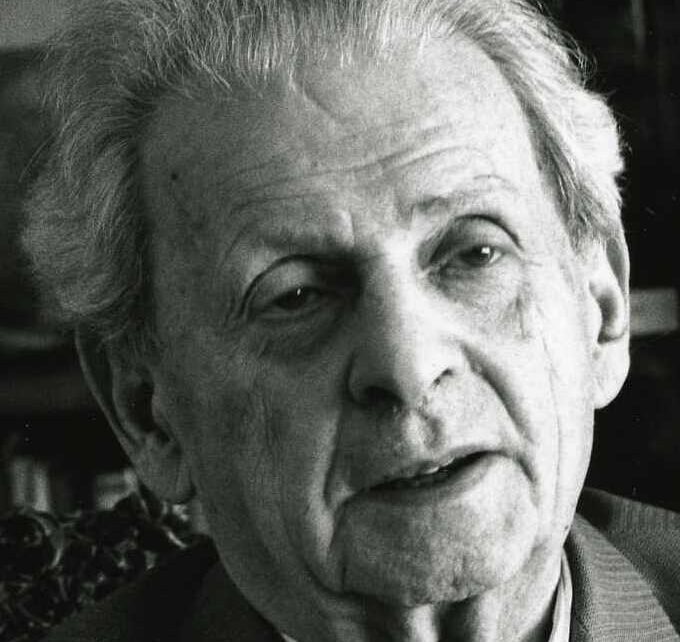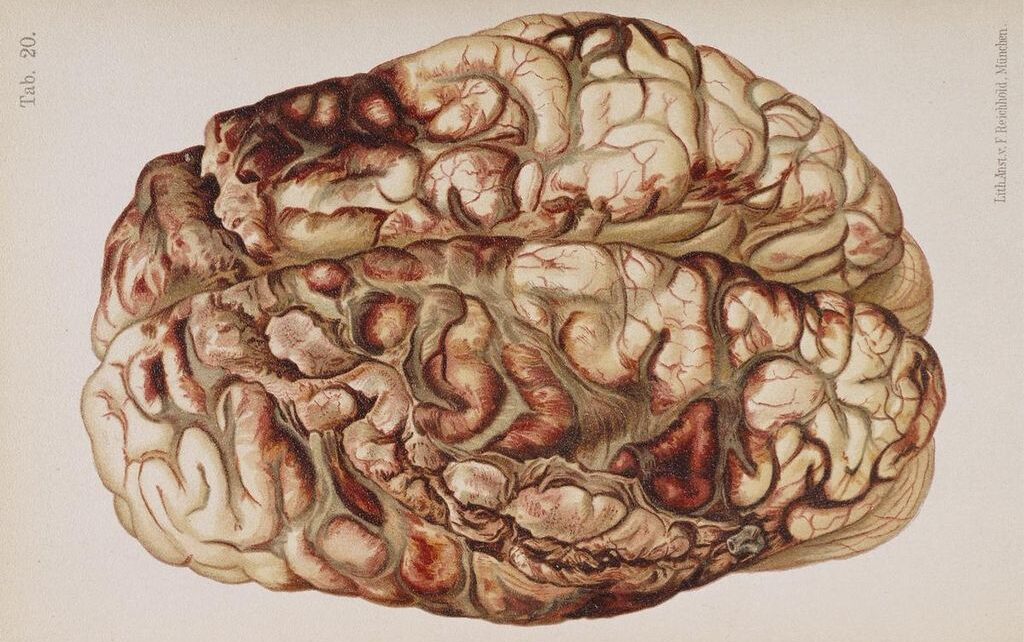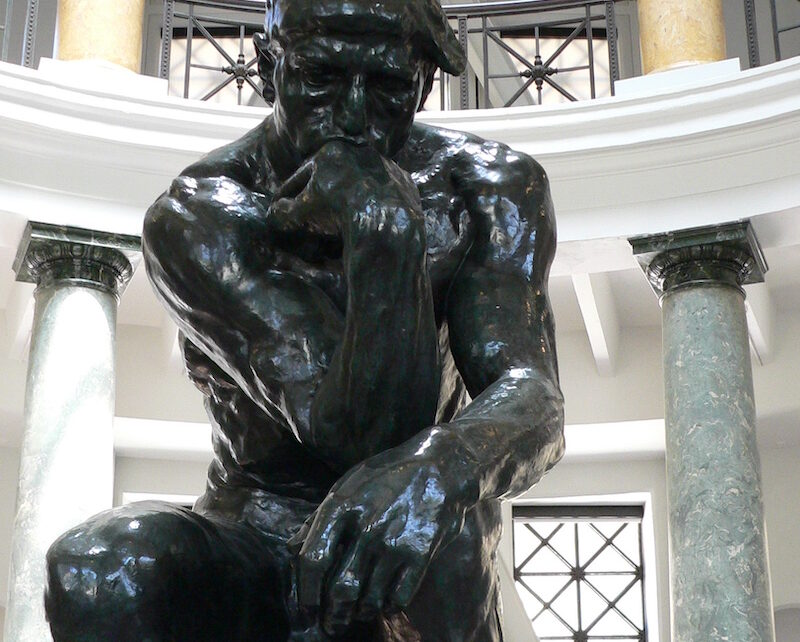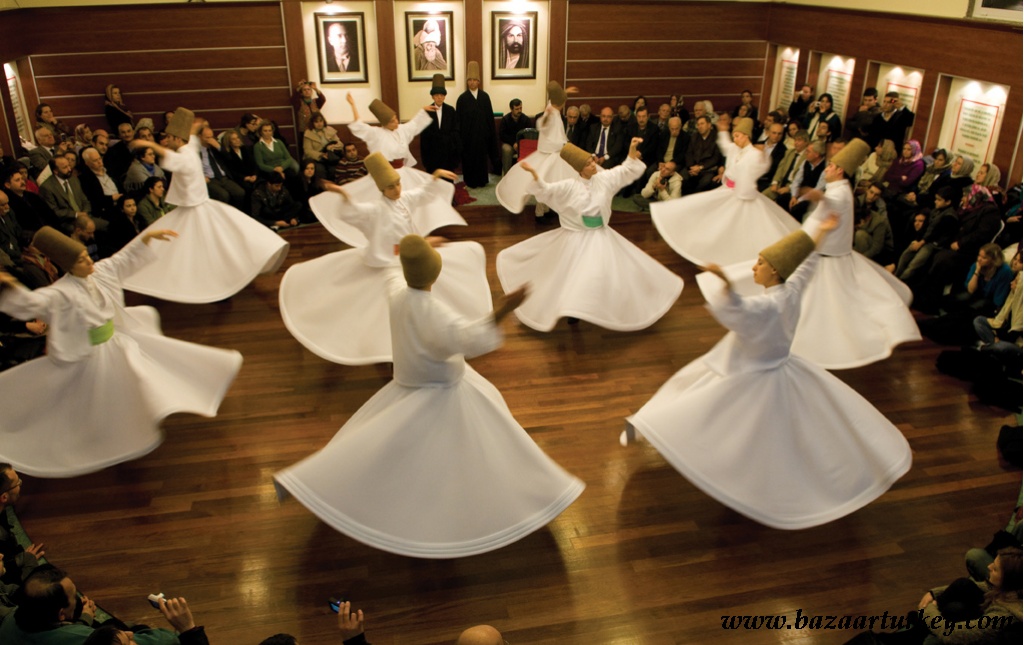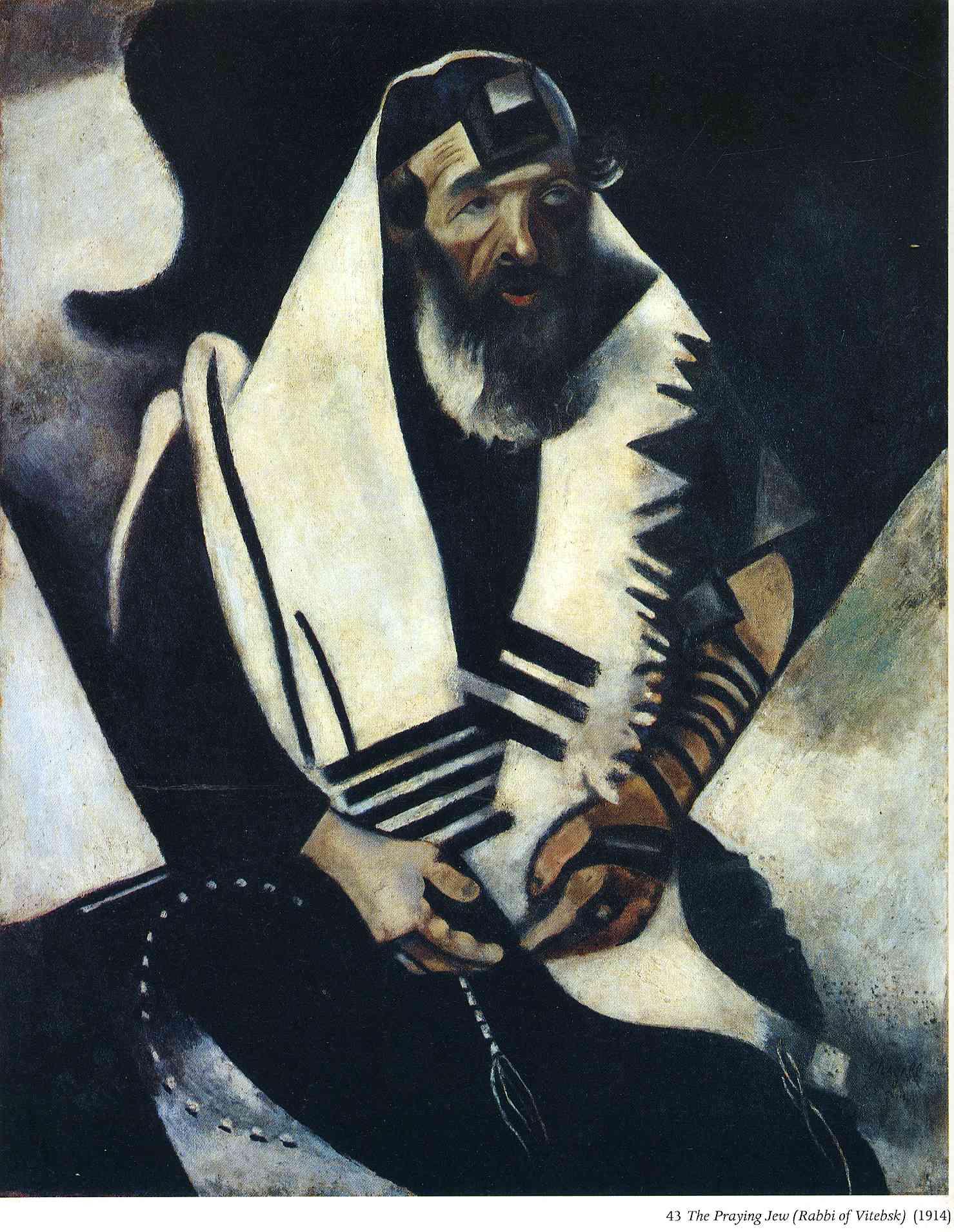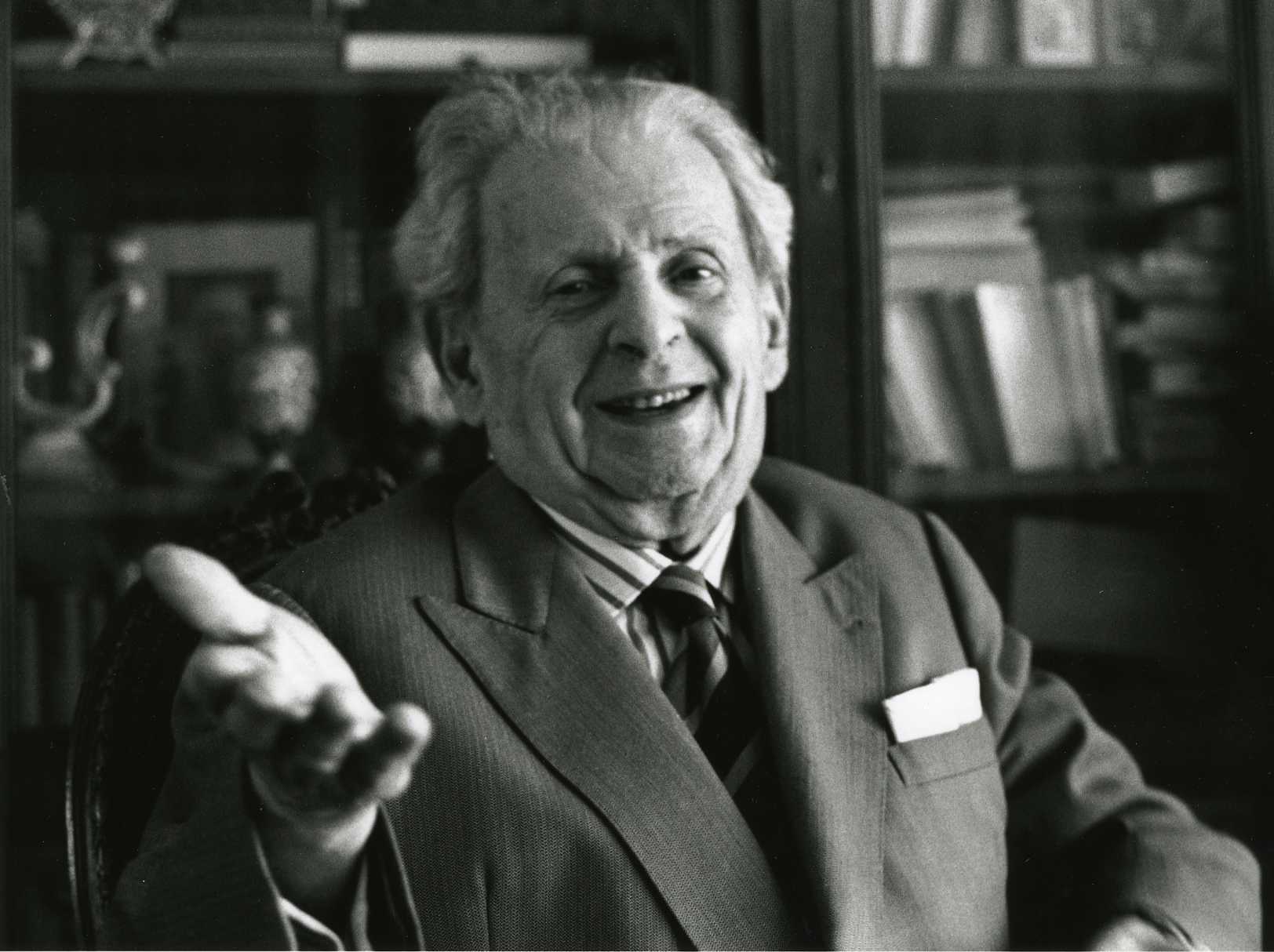The following is the second of a two part series. The first can be found here. The entire article appears in Issue 22.1 of the Journal for Cultural and Religious Theory. The Ethical Relation as Language There is that which he calls ‘language‘. He writes: “Language does not belong among the relations that could appear through the […]
Tag: Emmanuel Levinas
Trauma In Emmanuel Levinas’ Writing Body, Part 1 (Magdalena Sedmak)
The following is the first of a two part series. The entire article appears in Issue 22.1 of the Journal for Cultural and Religious Theory. Collage from “An-Other Language? Psychosomatic Research and the Lévinasian Conception of Otherness in Trauma Therapy” with the research question: When Lévinas claims that „the relationship between the Same and the […]
Philosophy As Love – Unblocking The Road From Athens To Jerusalem, Part 3 (Erik Meganck)
The following is the third of a three part-series. The first can be found here, the second here. Planning and Religious Thought Where planning fails, despair grows. Only where despair grows, hope can rise. Where hope rises, thought reconnects with (the philosophical equivalent of) Love, thanks to a “certain” – ambiguity intended – faith and trust. […]
Kenosis, Emancipation, Pastness – Reflections From A Jew, Part 2 (Sarah Pessin)
Emphasized in a temporalized modality, and bringing together elements of our phenomenological and political reflections above, we may specifically unpack the hegemony of White Christianity as a blow against pastness: Where pastness signals the facts and facticity of a fettered social and historical situation (with parameters imposed from outside, a need to escape those parameters […]
Kenosis, Emancipation, Pastness – Reflections From A Jew, Part 1 (Sarah Pessin)
The following is the first of a two-part installment. This article can also be downloaded in PDF format from the Spring 2019 issue (Vol. 18, No. 2) of the Journal for Cultural and Religious Theory. Claustrophobia at the Christian Table This essay is in the broadest sense a reflection on the possibilities (or impossibilities) of […]
God As Person and Trinity, Lecture 7 (Johannes Zachhuber)
The following is the seventh lecture in an eight-lecture series. The most recent one can be found here. The possibility that God is person has often been denied. It has been pointed out that the concept of person in order to make sense to us needs limitations which we wouldn’t not willingly ascribe to God. […]
Transmodern Sufism, Or Stepping With Levinas On The Footprints Of A Speculative Sufism Not Re-Framed By 20th Century Orientalists, Part 2 (Philipp Valentini)
The following is the second installment of a three-part series. The first can be found here. A non-Paulinian theology understands the Law not as a whole but as an indefinite set of rules where each rule is split between the conversations it opens on the meanings it expresses and the action it performs. The excess […]
Prayer After The Death Of God, Part I (Ashley [Gay] Graham)
The following is the first part in a two-part installment. Metaphysics is onto-theo-logy. Someone who has experienced theology in his own roots, both the theology of the Christian faith and that of philosophy, would today rather remain silent when speaking in the realm of thinking. – Martin Heidegger, “The Onto-theo-logical Constitution of Metaphysics”[1] …if there […]
Lacan, Levinas, And The Politics Of The Subject (Joshua Lawrence)
Psychoanalysis has undeniably played a significant role in the development of theories critical of the social landscape. In addition to fostering a new model for self-reflection, it has functioned as a vehicle for the proliferation of subjectivities distinct from the consecrated forms of cultural life. Consequently, I will suggest here that it has an important […]
